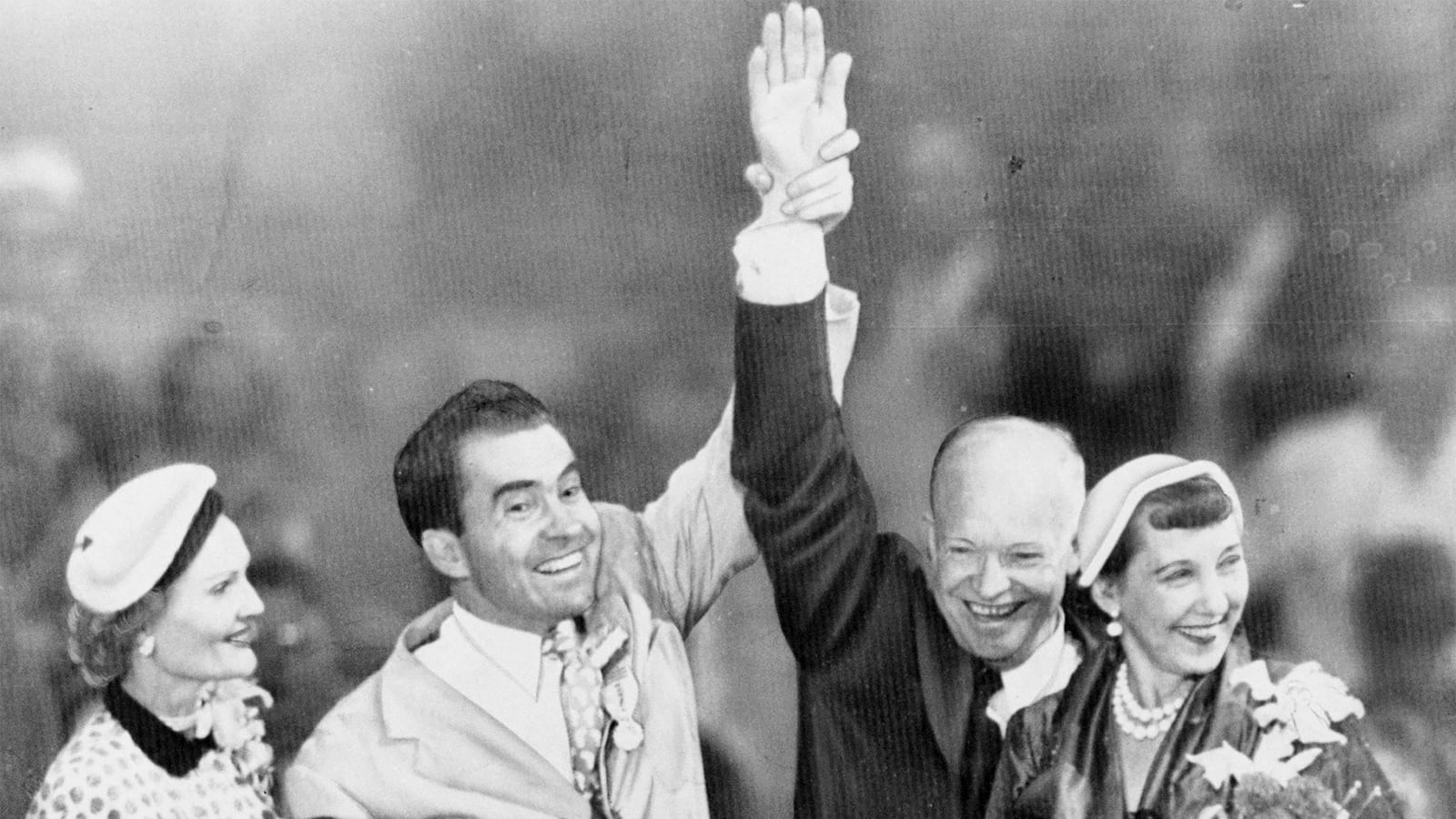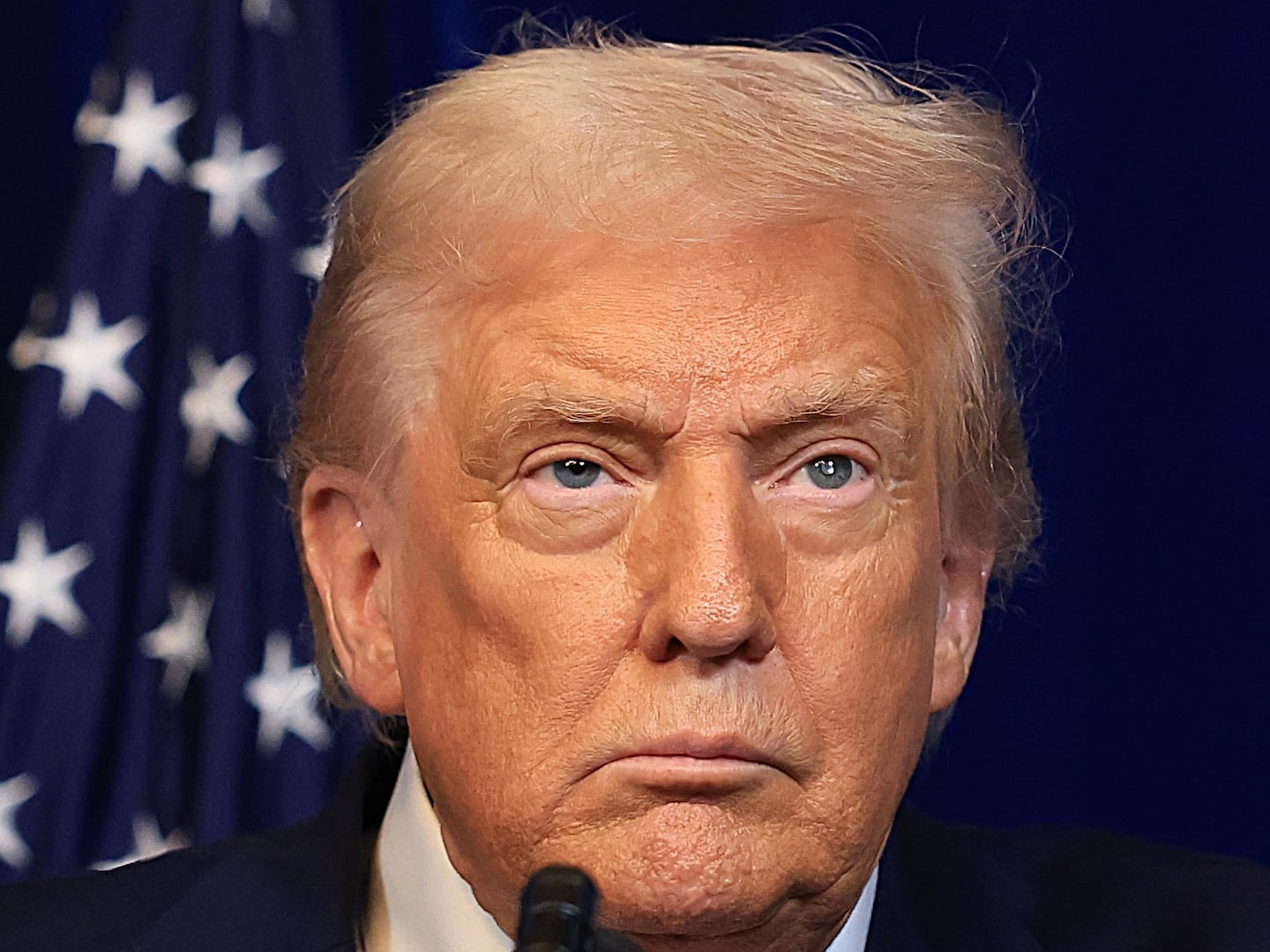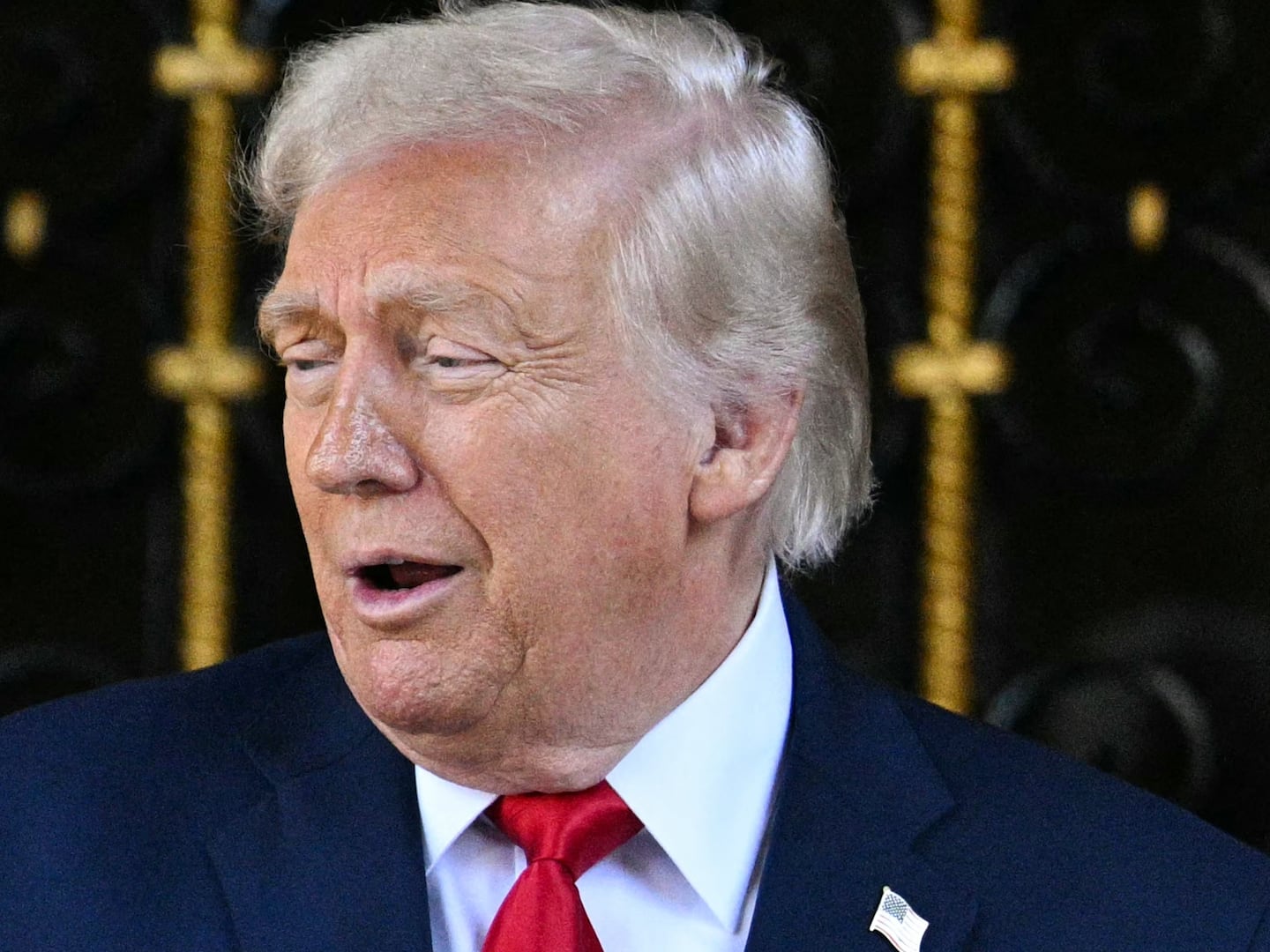It’s a scene out of black-and-white newsreels, yellowing clippings in the morgue of a newspaper, static-filled recordings from old radio broadcasts: A presidential candidate comes to a national convention only to find himself outmaneuvered by the skillful machinations of his foes. If that’s what those trying to stop Donald Trump’s nomination have in mind, they have to look back 64 years; and what they will find offers cold comfort. The last time a nomination was actually decided by the manipulation of convention rules, it was the party insiders who found themselves on the losing end of the fight.
When the Republicans gathered in Chicago in 1952, backers of Ohio’s Sen. Robert Taft had every reason to believe they would finally turn back the Eastern internationalist wing of the party after losing at three straight conventions. Yes, the Easterner’s candidate, General Dwight Eisenhower, was a national hero; yes, Ike had outpolled Taft in New Hampshire before he had even formally entered the race. But the Ohioan had rallied to win a series of primaries and had actually won more votes than Eisenhower.
More important—much more important in those days when primaries did not choose the majority of delegates—the Taft forces were in solid control of the Republican Party machinery, including the National Committee and the Credentials Committee. This was crucial, because three states—Georgia, Louisiana, and Texas—were presenting competing delegations to the convention. The challengers—dominated by Eisenhower supporters—charged that the “regulars” had chosen delegates through chicanery, holding rump meetings without any notice, ignoring state party rules. The regulars countered that the challengers were simply sore losers, seeking to win in Chicago what they could not win at home. What was clear from the beginning was that whoever won the fight over these delegations would almost surely win the nomination.
The men behind Ike’s uphill battle more or less symbolized the Eastern GOP establishment: New York Gov. Tom Dewey, who’d lost the presidency in 1944 and 1948; former Republican chair and Wall Street lawyer Herbert Brownell; Gen. Lucius Clay, former military commander of occupied Germany; and Massachusetts Sen. Henry Cabot Lodge. They had a crucial ally in Louisiana attorney John Minor Wisdom, who would be presenting the challengers’ case to the relevant committee, to the convention itself, and, crucially, to the broader public.
The only way the Eisenhower forces could win their challenges, they realized, was to frame the argument not as a matter of rules and regulations, but as a matter of “fair play,” in a way that would resonate with Republicans back home. And those Republicans would be watching because—for the first time—television was going to be a major convention payer (It was present in 1948 in Philadelphia where both parties held their conventions to accommodate the newcomer, but was a novelty, more or less confined to the Northeast corridor.) By 1952, TV was in half of American homes, and coast-to-coast live broadcasts had arrived the year before.
Through the use of carefully prepared presentations, complete with visual aids, and through persistent demands that the committee deliberations be broadcast live, Eisenhower’s forces managed to throw the Taft side on the defensive. Even though Team Taft won the credentials fights at the National Committee and in the Credentials Committee, the tide of public opinion was against them. And Ike’s forces knew it, repeatedly rebuffing all offers of compromise.
By the time the fight reached the convention floor, the die was cast. It was left to Taft champion Ev Dirksen, the sorghum-voiced senator from Illinois, to offer one of the more memorable moments in convention history when he pointed his finger directly at Tom Dewey and thundered: “We followed you before, and you took us down the road to defeat!” as the convention erupted in cheers, boos, and catcalls (you can see his entire 24-minute speech here.) When the delegates voted 607-531 to overturn the Credential Committee and seat the Eisenhower delegations, the fight for the nomination was effectively over. Ike won on the first ballot the next day.
The ’52 credentials fight would echo through the next quarter-century of American history. A young California senator, Richard Nixon, who had allied with Ike’s forces, was rewarded with the vice presidency. The state’s governor, Earl Warren, was named Chief Justice of the United States a year later. The Louisiana lawyer who had argued the credentials case so brilliantly, John Minor Wisdom, was put on the Fifth Circuit Court of Appeals, where he played a major role in advancing the legal claims of the civil rights movement. And Henry Cabot Lodge put so much effort into Ike’s election that it may have cost him re-election in 1952; he was defeated by a young congressman named John F. Kennedy.
This long-ago fight also has some lessons for those hoping to derail a Trump nomination through the “creative” use of convention rules and machinery. If Eisenhower’s forces were able to use the medium of TV to galvanize public opinion in 1952, imagine what Trump’s supporters could do with the tools of social media to draw attention to “insider” tactics and machinations. Imagine the pressure that could be brought on party and elected officials, if their goal amounted to denying the nomination to a candidate who came to the convention with more delegates than anyone else.
If in fact most Republican voters this season have been saying “no” to the traditional sources of power—and the combined votes for Trump, Cruz, and Carson suggest they have—even a successful attempt to decide the nominee a the convention may wind up as the ultimate pyrrhic victory.






